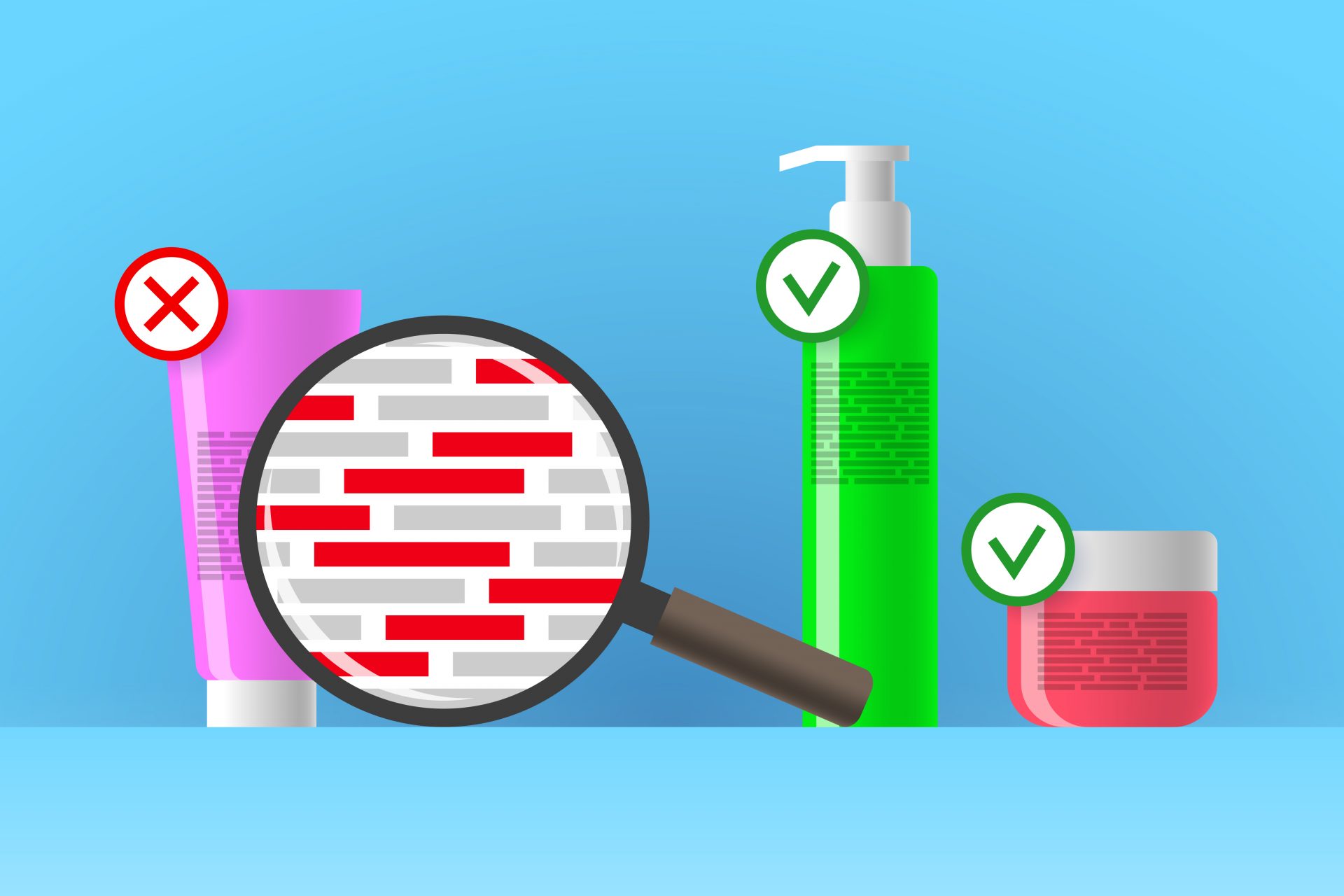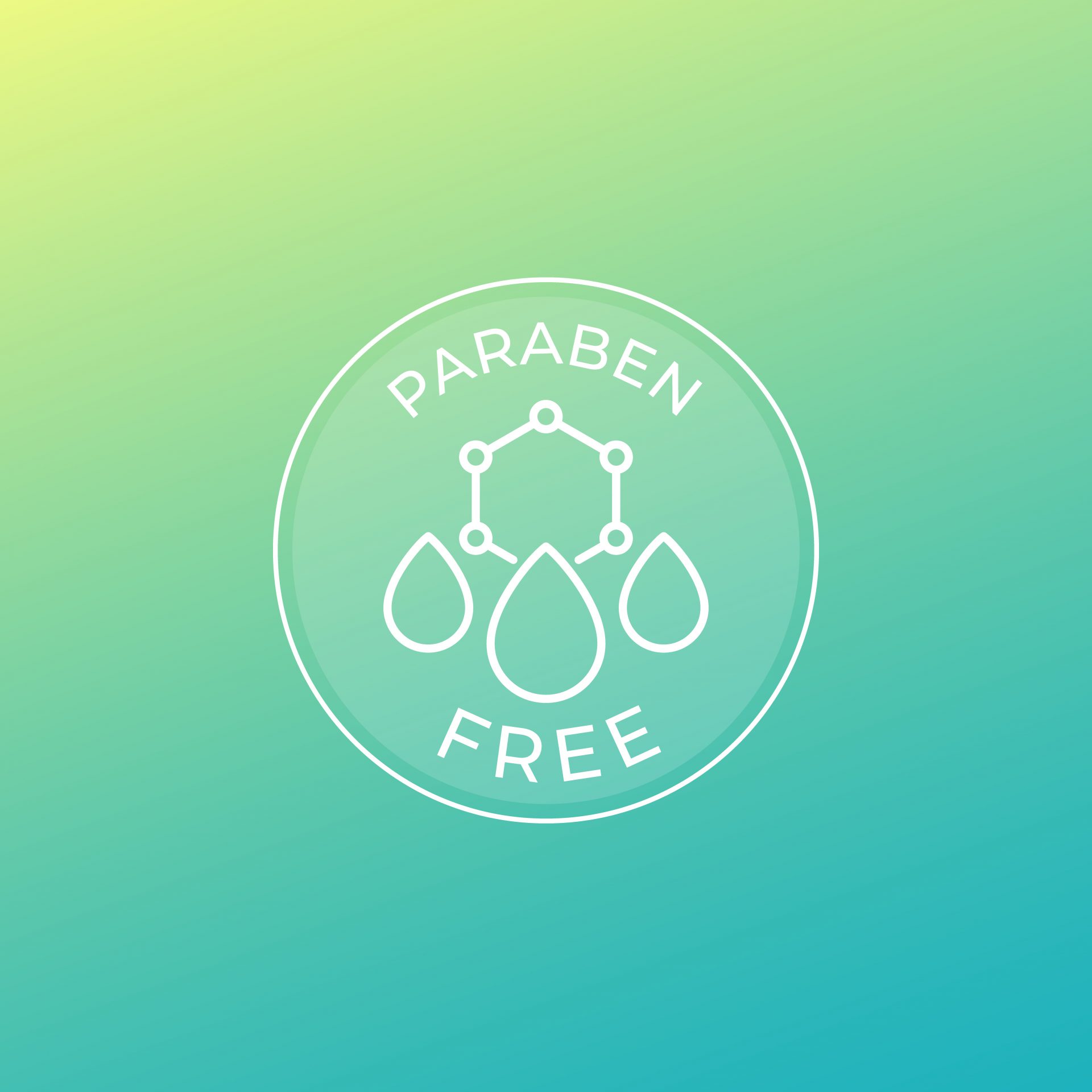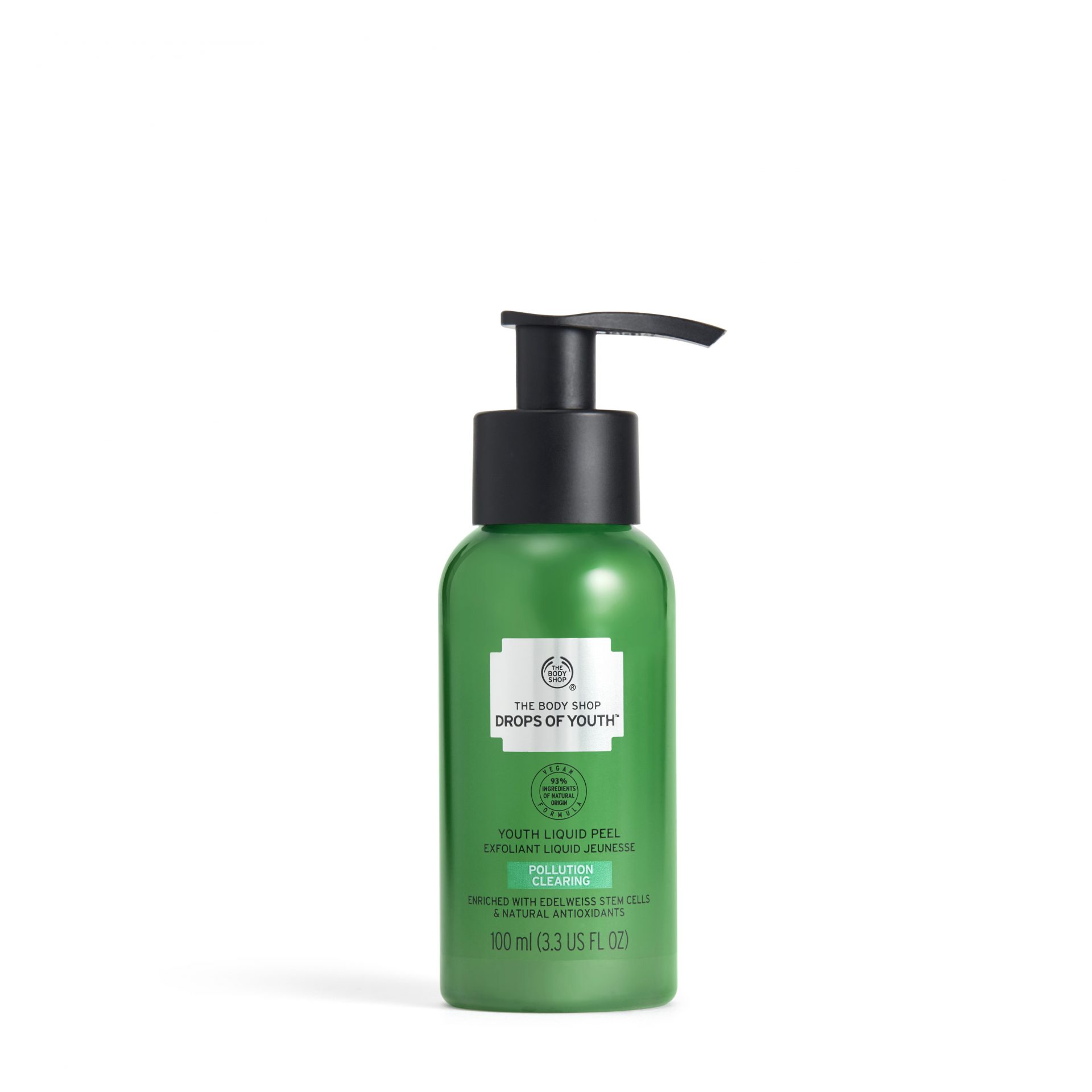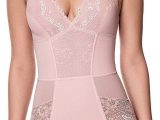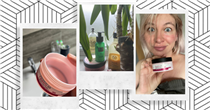
“How I created a paraben-free beauty routine using Body Shop products”
08/13/2021Written by Kayleigh Dray
Kayleigh Dray is Stylist’s digital editor-at-large. Her specialist topics include comic books, films, TV and feminism. On a weekend, you can usually find her drinking copious amounts of tea and playing boardgames with her friends.
What are parabens, really? And what happens when you ditch them from your beauty routine? Stylist’s Kayleigh Dray investigates.
Confession time: I’ve always been a bit of a dunce when it comes to beauty products. I don’t have a skincare routine per se, I don’t really have any go-to products (mainly because I’m fickle, but also because I tend to use whatever I’m gifted for birthdays and Christmases), and my main priority is keeping my face clean and covered in SPF.
When I was informed by doctors that I’m considered a ‘high risk’ candidate for certain hormonal cancers, however, I decided to pay a little bit more attention to the products I’m using on a day-to-day basis. And thus I ended up in an internet blackhole on parabens.
Now, it seems pretty much everyone has a dim view on parabens, insisting that they’re bad for our health and our skin. What’s less clear, however, is what parabens actually are. Or, y’know, what they actually do. Or even where this widely-held belief about them being the source of all skincare evil stems from.
So, intrigued, I decided to do a little digging. Here’s what I learned.
What are parabens?
Parabens such as methyl-, ethyl-, propyl-, isopropyl-, butyl- and isobutylparaben are synthetic preservatives that are used in shampoos, lotions, cosmetics, and many other personal care products.
As Dr Kaywaan Khan from luxury salon Hannah London explains: “They are one of the most commonly used preservatives in cosmetics as they are effective in preventing the growth of bacteria and fungi, while not irritating the skin like many other preservatives do.”
Essentially, parabens create a more stable shelf life, which makes for longer-lasting products.
Are parabens bad for our health?
In 2004, a British study found traces of five parabens in the breast tissue of 19 out of 20 women studied.
While the study didn’t prove that parabens can cause cancer, it did prove that the parabens were able to penetrate the skin and remain within tissue – and then there’s the belief that parabens can disrupt hormone function by mimicking oestrogen (a belief which, naturally, has caused my ears to prick up more than a little).
“Parabens can be absorbed into the body through the skin from cosmetic products containing them, and they have the potential to cause adverse health effects in large concentrations, which is why the amount used in a product has to be limited,” explains Dr Khan.
“As such, media stories linking parabens to breast cancer and hormonal disruption based on weak evidence have caused many people to worry about their safety.”
He adds: “With the lack of clear consensus regarding the health effects of parabens as cosmetic preservatives, the label ‘PARABEN FREE’ has been gaining popularity.”
Are parabens bad for the environment?
The latest United Nations report on climate change has concluded that, thanks to a continued rise in global temperatures, we can expect more wildfires, floods, heat waves and water shortages over the next 30 years.
Is it any wonder, then, that so many of us are searching for ways to reduce our personal carbon footprints? And is it any wonder, too, that parabens have been outed as a potential enemy in the war on our planet?
Why? Well, because multiple reports have shown that paraben traces have been found in surface waters, the bodies of marine mammals and fish, and sediments. And researchers believe that it is likely these parabens come from products we use that are washed into the sewage system and released into the environment.
Considering that low levels of butylparaben (a type of paraben) can kill coral, according to laboratory tests, it’s understandable that people have them pegged as a source of ecological harm.
What are the benefits of going paraben-free?
“Paraben-free products may be essential for those who suffer from contact sensitivity/allergies to parabens,” says Dr Khan, but he adds that for many people the benefit is purely theoretical.
“Some may just want to avoid any potential adverse effects that could develop,” he says.
When it comes to selecting a good (and ideally eco-friendly) swap, however, Dr Khan warns that “a product free of parabens will need to use alternative preservatives.”
“While I think it is important for consumers to be aware of the ingredients and actives listed in various products, there is no one-size fits all approach to this,” he says, urging people to do their research before committing to a decision.
How I created my own paraben-free beauty routine
The Body Shop has always put an emphasis on its natural ingredients, ethical origins, and refusal to test its products on animals – and, back in 2019, it joined forces with Plastics for Change to launch a new recycling initiative, ‘Return. Recycle. Repeat’.
Essentially, this scheme offers Body Shop customers the opportunity to return their empty bottles, jars, tubs, tubes and pots in an effort to save the planet. So, considering the plethora of reasons for going paraben-free, and considering I was running this beauty experiment on my own dime (I needed to stick to a high street budget), this seemed to be the best place to start.
For my daily skincare routine, I decided to opt for the Vitamin E facial wash, toner, and moisture cream. I teamed this with the Drops Of Youth Liquid Peel, which I used twice a week in place of an exfoliator – and, as a weekend treat, threw the Himalayan Charcoal face mask into my shopping basket, too. My dry lips, meanwhile, were combated with the Coconut Sorbet Lip Juicer.
When it came to choosing body products, I decided to go with the pink grapefruit shower gel and body butter (zesty!). My hair – a little on the dry side, thanks to my fondness for bleaching it – was kept glossy and moisturised thanks to the banana shampoo, conditioner, and hair mask. And I even threw in a moringa body mist, too, just because.
What happened when I made the switch to paraben-free
Considering I didn’t adhere to a regular skincare regime before, it’s tricky for me to say whether or not it’s the paraben-free impact – but, after a few months of sticking to these same products, my skin looks clearer and healthier than ever (which is ideal, considering I prefer to go without make-up whenever I can).
I have noticed that my blonde hair is crying out for a little purple shampoo TLC (it’s gone a little brassy of late, if I’m being hyper-critical), but it feels softer and far less brittle than before. I can also go a wee bit longer between washes, which suits me just fine – and, when I do have a dry hair day, that banana hair mask is honestly the business. I think, once I’ve found a suitable purple toner to use every couple of weeks (any and all recommendations are welcome), I’m onto a winning formula here.
Shower-wise, what is there to report? That punchy grapefruit scent wakes me up every morning and makes me feel more than ready to take on the day, and the body butter is satisfyingly rich and gloopy. Yes, it isn’t as quick to apply as all those in-shower moisturisers, mainly because it takes an age to rub in properly, but once that’s done I really do feel the benefits – impossibly smooth and healthy-looking skin for the win.
I guess the biggest positive from all of this is that I finally, finally, finally have empties. In the past, I’ve found myself forgetting about beauty products and leaving them to sit half-finished in the bathroom drawer for pretty much ever. Stripping things back to the bare basics, and using these bare basics on a near-daily basis, however, means that I now have a stash of empty (and I mean positively scraped clean) pots, jars and bottles to take into Body Shop for recycling and repurposing.
So, what’s next?
Well, I need to find a good paraben-free (and eco-friendly) suncream. And I probably need to suss out a few make-up products, too, for those special occasions.
On the whole, though? This month-long experiment looks set to continue for the foreseeable future, and I strongly suspect that my skin will be all the happier for it, too. Now, if you’ll excuse me, I have some empties to dispose of…
Images: Getty/Body Shop/Author’s own
Source: Read Full Article
